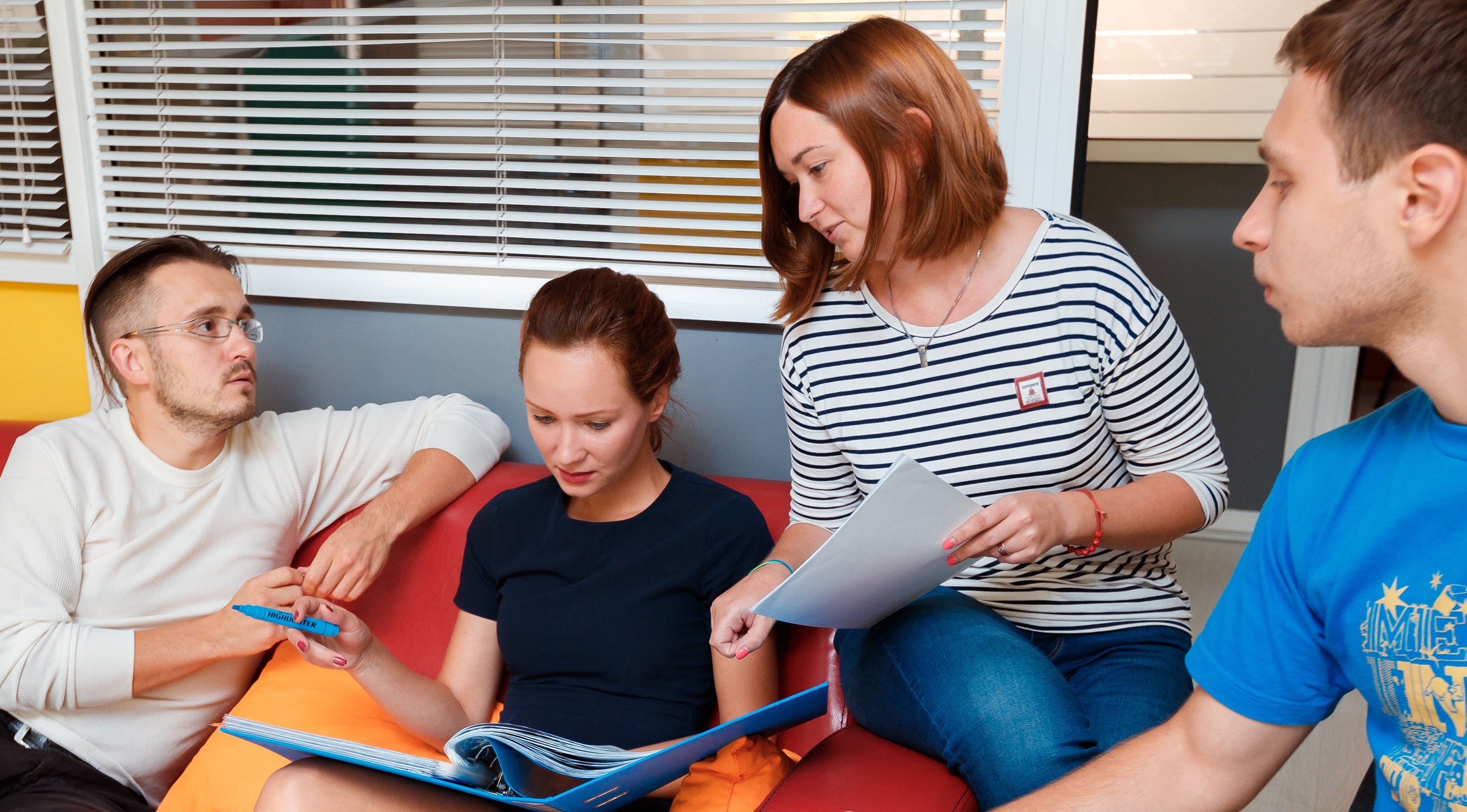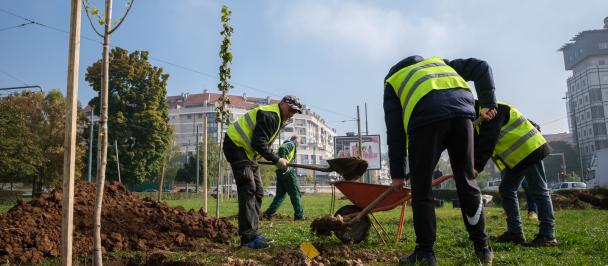On the Food Waste Innovation Challenge for the City of Sarajevo
Food waste has reached massive proportions across the planet with much of the food produced then wasted. So, what does this exactly mean? Wasted and lost food account for a 10th of all greenhouse gas emissions. 30% of food (1.3 billion tons) produced is lost or wasted globally.
The situation is Bosnia and Herzegovina is no better. Estimates show that nearly 500 tons of food waste end up at the landfill every day. In Canton Sarajevo, more than 12% of daily waste disposal at the landfill consists of discarded food. Consequences of this practice are multifold, from financial losses and impact on human health, to severe environmental impacts.
Soon after it was launched, the UNDP Accelerator Lab in Bosnia and Herzegovina was invited by the City of Sarajevo administration to look into the problem and devise a portfolio of solutions. The partnership provided us with an opportunity to have a dedicated food waste session at Sarajevo Unlimited, the first regional forum on innovation, entrepreneurship and technology on 22 October 2019 (photo gallery of our session, and the agenda of the event). Besides keynote speeches and presentation of different approach to food waste management, the Lab run an issue mapping exercise at the event that helped us define the way forward. A diverse group of participants joined a collective brainstorming and mapped root causes and triggers for the food waste problem in Bosnia and Herzegovina.
Through the innovation challenge modality, the Lab and the City of Sarajevo announced a call for proposals in November 2019, using the City’s Consul Platform and invited all interested individuals and teams to nominate ideas for practical, applicable and innovative solutions that could address following priority streams:
- Interventions that change the habits of producers and/or consumers and reduce or prevent food waste;
- Raising awareness of the need for a "smarter" approach to planning and purchasing food, preparing meals and reusing manufactured foods;
- Connecting producers and consumers as no meal should fail;
- Solutions for composting and disposal of food waste; and,
- Proposals for interventions in the legal system that would facilitate food donation.
It was no ordinary application process. We have requested the applicants to basically follow our learning cycle and supplement the submission with some basic prototyping and testing of the idea proposed. And we learned now to worry about the number of applications: using a number of partner networks, the word on the challenge spread quickly through the Web. By the end of the Challenge beginning of December 2019, we have received a total of 26 very good ideas and solutions through an open platform that were then evaluated according to the following criteria:
- Quality - The proposed solution addresses, in a meaningful and constructive way, at least one of the priority themes described in the text below, and offers a convincing solution to the problem of food waste generation.
- Originality - The proposed solution is an innovative and unusual approach to addressing the challenges outlined in the call for this challenge.
- Feasibility - Is it possible to implement the proposed idea or solution in local circumstances and within the local communities?
- Zero-waste - The solution offers a way to reuse food, thus breaking the current take-make-waste model.
After the evaluation, three winners were selected based on the above criteria, and it was not easy!
We present to you our Innovation Challenge winners:
- place: Tanjir Više (An Extra Plate) – The proposed Tanjir Više mobile app would connect caterers and households reporting excess food (food donors) with food donation receptients, as well as educate households to reduce the amount of food thrown away.
2. place: Fudvej (FoodWay) – A conceptual set of activities aimed at achieving 0 food wasted in Sarajevo. See video below for a better insight:
3. place: 7 Days – A food management system that would put out food items with near expiration dates for sale at a cheaper price, by setting up dedicated sales departments in supermarkets and connecting such sales points via an online platform.
The monetary awards were not tied to the proposals’ implementation beyond the Challenge.
The infographic bellow summarizes the timeline and key lessons learned from the first phase of the experiment:
So what’s next?
The UNDP Accelerator Lab in Bosnia and Herzegovina will incorporate the best ideas into its portfolio of experiments and explore options for their further testing and potential implementation in collaboration with the City of Sarajevo. At the same time, our partners in the City Administration will start drafting a food waste management policy paper that would help in scaling out the results and solutions of the experiment.
We are happy to hear from you, whether you are a local stakeholder in the food value chain or a Lab colleague from a different part of the world. What we need now is a community of practice and we are here to listen.

 Locations
Locations




















